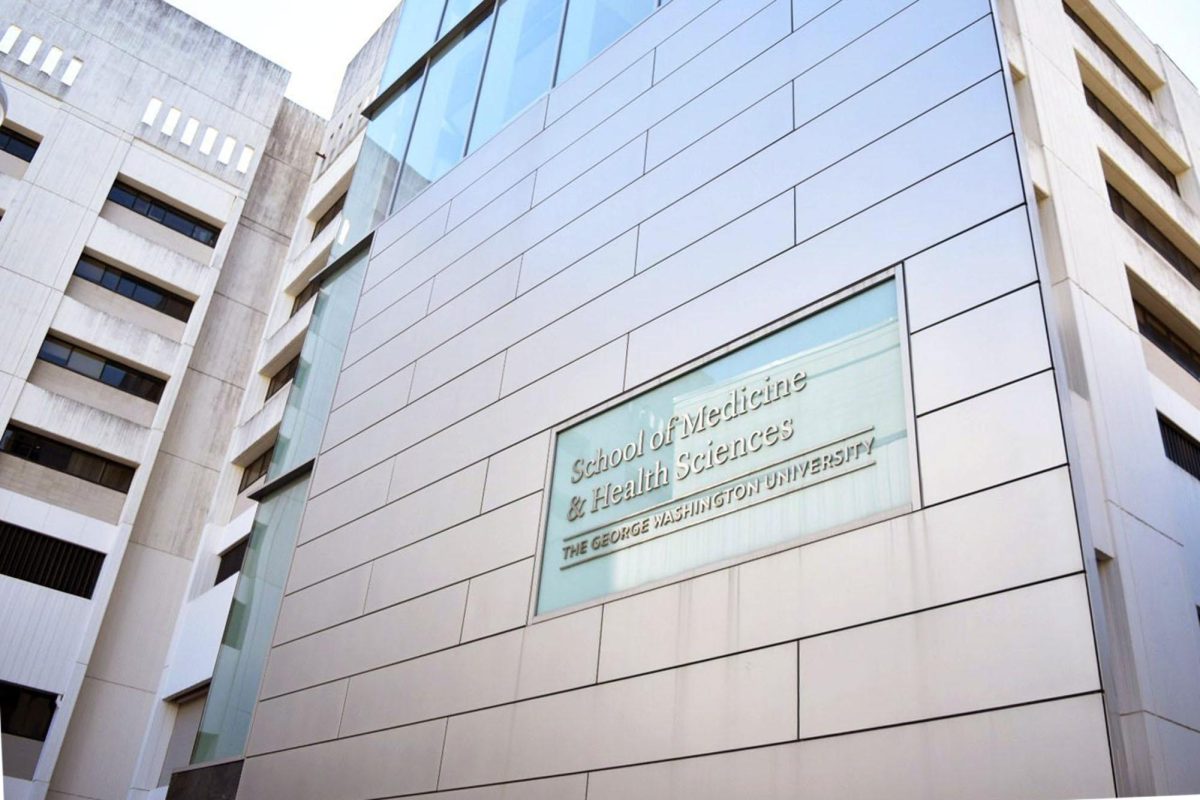A research center focused on studying several aspects of the public education system has helped shape major federal education policies in its 25-year history, officials said.
The Center on Education Policy, housed in the Graduate School of Education and Human Development, was established in 1995 to help Americans understand the role of public education in a successful democracy and how to improve public schools for students. Officials said the center has morphed into a tool for crafting and informing people about education policy on the local, state and federal levels by playing a role in policy development.
Maria Ferguson, the executive director of the center, said the center’s members are using the anniversary as a reason to bring some of their previous research on topics like standardized testing up to date to share with the public.
“We see this milestone anniversary as an opportunity to remind people why CEP matters,” she said in an email.
Ferguson said she recently appeared on GSEHD’s podcast EdFix – founded by the school’s dean, Michael Feuer, to discuss the best ways to improve U.S. schools and universities – to discuss the center’s two-and-a-half decade history and the legacy its members have forged in the public education sphere through their involvement in drafting major pieces of legislation.
Ferguson said the center’s members have worked on “key” pieces of federal education legislation like the No Child Left Behind Act, which governed federal education policy in the U.S. for more than a decade and set national standards for schools throughout the country.
She said she is also working to reconnect with former staff members at the center and find out what kind of work they do now to highlight their accomplishments for the public to see.
Ferguson added that she has intended to write a book on public education for a couple of years, and the center’s anniversary might be the right opportunity to begin it.
She said the center’s biggest accomplishment has been its ability to continue to offer relevant research and policy analysis on subjects like the Every Student Succeeds Act, the piece of legislation that replaced No Child Left Behind in 2015, despite major political, technological and social changes.
“When Jack Jennings founded CEP, the education landscape in D.C. and around the world was completely different,” Ferguson said. “Despite that, CEP has managed to continue to make its mark on some of the most important issues of the day.”
Jennings, who worked in education policy for several decades, founded the center in January 1995 following a nearly 30-year career working for the House of Representatives’ Committee on Education and Labor, according to the center’s website. The center moved to GSEHD in 2012 as part of the school’s effort to link research and teaching to education policy.
She said the center’s biggest challenges as its members look to the future include finding sources of funding, which she said has become more difficult in recent years, and managing the impact of politics and “outside actors” on the field.
Ferguson said the center has a “determined stance” to offer nonpartisan policy recommendations even if “it may not be in our best interest.” She said she is concerned about the prevalence of “harmful rhetoric” disparaging the value of public education, which she said hurts teachers and students in public schools and discredits the system as a whole.
“If we truly are entering a post-truth era, then CEP will have to work even harder to prove its worth and value,” Ferguson said. “CEP is and has always been about accuracy and fairness, and we plan to stay that way.”
She said the center’s members are determined to maintain their independence from special interests and show respect for those who work in public education.
“All we can do is make our case, do the very best work we can do and hope there are enough people out there who value the work we are doing,” Ferguson said.
Diane Rentner, who has served as the deputy director of the center since its founding, said the center’s early years were slow in terms of working toward any single objective because members needed time to choose the center’s mission.
“In the very early years of CEP, it took us a while to find our voice and purpose, but that was a useful time because it helped us define a frame of reference for our work, which is to support and improve public schools,” she said in an email.
Rentner said members worked to provide information to policymakers and citizens about federal public school programs, the Common Core standards and high school and state testing issues. She said the center’s most popular publications have been about matters of policy like why public schools are needed and how teachers could motivate students.
“Going forward, we hope to build on this strong foundation and continue to provide policymakers and the public with the data and information needed to strengthen our public schools,” Rentner said.








